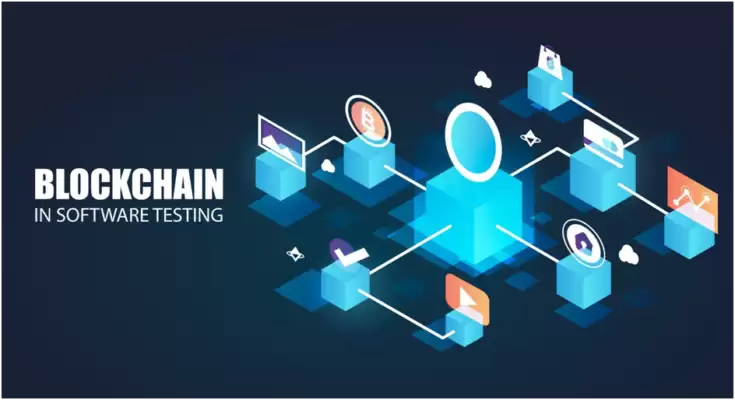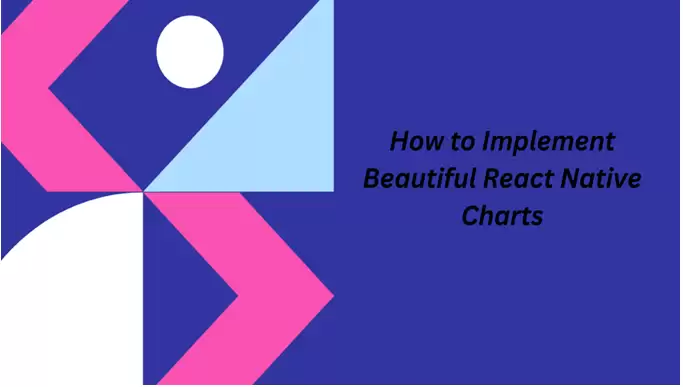Companies all around the world are utilizing blockchain technology to improve data administration, security, and archiving. Blockchain in software testing is now necessary to ensure that apps published on the public ledger are adequately inspected to serve their purpose.
Thanks in large part to bitcoin and other cryptocurrencies, blockchain testing services are quickly establishing themselves. Several real-world applications for the platform are currently being tested and implemented. Every stakeholder in the nation is familiar with the word “blockchain,” which has the potential to eliminate middlemen while boosting accuracy, efficiency, security, and cost-effectiveness in commercial and federal processes.
It’s not anymore a matter of if legacy organizations will adopt this technology—it’s a question of when—as we get prepared to enter the next generation of tech. NFTs are becoming more and more prevalent nowadays, and commodities are being tokenized. The blockchain in software testing will experience significant expansion over the coming decades, necessitating a more intensive blockchain testing process.
What is Blockchain?
A sequence of data is what makes up a blockchain. Information may be secured, stored, and maintained in a decentralized and secured fashion using blockchain testing services or tech. This deals with the problems B2B, B2C, and C2B organizations now have with confidence or security breaches. In 2009, Nakamoto used it to develop virtual money referred to as Bitcoin. Since then, cryptocurrency technology has completely changed how companies are operated. It is fundamental to the widely used virtual currencies and utility tokens. Three different blockchain types are available.
Anybody can enter a public blockchain that is accessible or uncensorable without any limitations.
Personal or authorized blockchain.
Blockchain confederation or collaboration.
Blockchain in Software Testing
Market acceptance of cryptocurrency has increased. As blockchain technology becomes more widely used, we must be ready to adapt our present testing procedures to account for it. However, the absence of best practices, the creation of adequate testing datasets, and managing size, safety, and efficiency are among the main assessment problems in blockchain penetration testing.
Blockchain in software testing ensures fraud prevention and makes it feasible to keep the appropriate data. On a network, data is stored using bits. Any modifications to the block will invalidate the units listed.
As a result, each time new blocks are placed, they must be done correctly. Blockchain research is challenging, and networks are hard to attack. Encryption processes must be efficient since they are activities that large trades must go through.
Blockchain Testing Features and Benefits
The weaknesses of a decentralized network are eliminated by auditing a coin.
Utilizing crypto testing in real-world situations helps to validate all the many parties the system communicates with.
By doing so, it is easier to verify that the blockchain platform is working correctly.
It supports businesses in creating and responsibly exploiting blockchain technology and essential resources.
It will help reduce the risk involved with deploying new apps and make it easier to quickly revalidate the deployment.
Types of Blockchain Testing
Functional: The term “Functional Testing” refers to the virtual screening of parts, technologies, and their functioning, such as the insertion of a node to a ledger, the length of a piece or network, etc. Following the authentication of the asset’s legitimacy, each new node is added to the existing one.
Integration: Testing the connectivity or interactions among elements and other related equipment is known as integration testing. As the cryptocurrency app has several parts, integrating tests must be carried out correctly and often to ensure that all functionalities are effectively connected.
Security Testing: Because blockchain technology is used in highly secure financial, governmental, and legal contexts, safety evaluation is essential for troubleshooting blockchain networks.
Performance Testing’s main requirement for public blockchains is throughput. This type of assessment evaluates trades, and the efficiency is based on the size of the channel.
Node Testing: By reaching a consensus among all modules on the order in which payments are connected to the same network, or “node testing,” a blockchain’s stability is maintained. For events to be preserved in the correct order, this suggested protocol must be stretched to its boundaries.
Smart Contracts Testing: SC is a blockchain-based software system that executes transactions on its own without the need for a middleman. Checking if the participants in operations comply with the criteria is a component of SC verification.
API Testing: A ledger may produce pointless events depending on the function. In this context, APIs are significant, and while validating APIs, developers must consider how apps interact with the blockchain network.
Blockchain Testing Tools
Ethereum tester
Ethereum Analyst is an Ethereum debugging tool that supports Web3 interfaces, APIs, and Smart Contracts. This makes it possible for programmers to create a Blockchain platform identical to the one already in use. It is a deployable screening library that is easily available and has a decent Search API key for various evaluations.
Ganache
Independently testing Ethereum agreements is Ganache’s primary duty. It duplicates the ledger that anybody may use to compare various identities.
Exonum Test Kit
Exonum A blockchain app’s overall functioning may be easily evaluated via TestKit. We may use the program to run transactions and test APIs without worrying about systems integration or agreement procedures.
Testing Tool for Corda
The blockchain-based distributed ledger system Corda is fully accessible. The designed screening tool facilitates agreement monitoring, acceptance tests, circulation testing, and stress testing.
Truffle
A crypto analyzer called Truffle has capabilities that surpass regular tests, such as compatibility with Coffee and Cappuccino. Among Ethereum programmers, it is highly renowned for spotting incredible testing capabilities like automation transaction testing.
Populus
The Populus model utilizes Ethereum’s testing procedures, which are effectively combined into a collection of characteristics aimed at protocol implementation testing. Since the PyTest architecture is largely the foundation of these systems, their straightforward deployment is made possible.
Manticore
An analysis tool for binary and cryptographic protocols called Manticore is used for static analysis. User-driven automated vulnerability assessment and discovery are available from Manticore.
Hyperledger Composer
Various tools can be used to create blockchain technology using Hyperledger Composer, a free and open-source program. Some of these variables are useful for testing. Interaction screening, automated program screening, and test checking are the three main testing methods with the most support.
To ensure that the installation went without a hitch, it includes a control API that provides instructions that make it simple to run dynamic “smoke tests.” This even makes running tests in a CI/D system simpler.
FAQs
What does QA do with blockchain technology?
QA specialists may check each new piece as it is added to make sure there are no leaks in the system for adding blocks and that each factor added is genuine. The shared ledger is open to the public, and the blockchain serves as the foundation for this innovation.
What exactly is blockchain and how does it work?
A blockchain is a decentralized, shared, and open digital wallet that is used to register payments across multiple workstations in a way that prevents the document from being modified retroactively without modifying all subsequent batches and gaining connection consent.
What is a blockchain testing tools example?
Blockchains are often used in instances like Cryptos. Anyone may access the bitcoin tester or Ethereum tester and conduct transactions on crypto.
Conclusion
Blockchain technology offers the ability to streamline business and government operations while improving their accuracy, efficiency, security, and cost-effectiveness. Functional testing, integration testing, security testing, node testing, smart contract testing, API testing, and performance testing are all parts of blockchain in software testing for its benefits.








